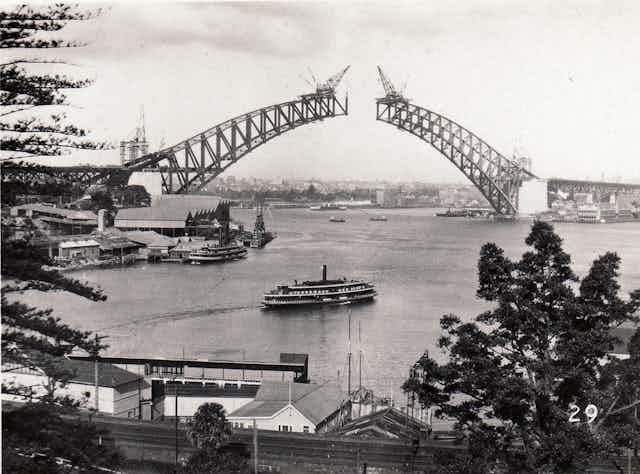In a more perfect world, the big policy challenges of our time would be informed by timely, relevant academic research. There would be a close and effective dialogue between academia and policy.
Alas, by and large they are not, which is a serious problem – or at least an opportunity missed. I am not the only one who thinks this.
Policy can live without evidence – we should make sure it doesn’t
In 2011, the former Secretary of the Department of Prime Minister and Cabinet Terry Moran said:
I’ve given up long since seeking to get pieces of research done by academics as a contribution to important policy problems because it’s generally late and in a form that then has to be further translated before it can be used in government.
Given the potential for a charmed union between policy makers and academics, this might seem puzzling. But there are many reasons, some of which are:
- research is framed for academic journals, rather than policy development
- incentives in academia favour publication over interpretation
- academics are rewarded for narrowness and depth over multi-disciplinarity and integration.
There are also explanations in the policy process itself.
Policy doesn’t “need” evidence. Policy is copiously produced in its absence – and a simpler and more efficient process it is too! Evidence complicates things, because it can be contradictory and it is routinely contested.
In the public policy process, evidence can be a club to beat with, or worse, to be beaten with. As the late Australian water scientist Peter Cullen observed, it is the quest for power, not the quest for truth.
Make friends
Policy development is open to evidence under some circumstances and on its terms:
- when it is exactly on time
- in bite-sized pieces that fit the policy narrative
- when it is delivered by a trusted source.
Let me make some practical suggestions for those who would build bridges between policy and research.
Build relationships between academia and policy that work. That means relationships of trust and respect, built over time.
This can include early and frequent informal briefing about issues and priorities, involvement in steering groups, workshops and informal get-togethers. One way to accelerate relationships is through trusted third parties. Another is shared experience.
Often the first and only meeting between academics and policy is pitching for funds. Little wonder the policy officer might hold a particular view about research. The first call a policy officer will make for advice is to someone they know and trust.
Embed yourself
At the Murray-Darling Basin Futures Collaborative Research Network (MDBfutures) we have established reference groups for research projects, with members from our government partners. These groups advise on the research, identify directions and build connections.
Our PhD students and research fellows are placed in government agencies for periods to work alongside policy colleagues and deepen their understanding of issues and challenges.
Senior decision-makers routinely provide Chatham House Rule, “inside story” briefings to academics on aspects of water reform. Recently Wendy Craik, former CEO of the Murray Darling Basin Commission, gave her perspective on the Water Act that wound up the Commission and established the new Authority. Give decision makers information they can’t get elsewhere.
Avoid surprises
Probably the single biggest risk to the policy-academic relationship is public surprise.
So, have contingency plans in place before things go wrong. These new relationships will have their moments. Discuss issues early, treat the risks that you can and agree how each will react to the unforeseen.
It is a good idea to share all media releases and publications prior to release – there are no constraints on academic freedom, but there is time for stakeholders to understand the work and prepare a handling strategy.
Get creative
Be creative in the relationship. Commissioning new research to service policy development can work well when strategic agendas are shared. That does not yet happen often and we all need to work on that.
Think tanks and advisory groups can add real value to policy development. And over time, academic contributors will learn the language, timing and packaging requirements to effectively feed the policy development process.
We have a visitor program that is open not only to academics, but also to policy makers and practitioners to bring their perspectives and experience into the university.
The rewards are better policy, and relevance and impact for research. If you have other ideas for bridge building, let us know through the comments!

